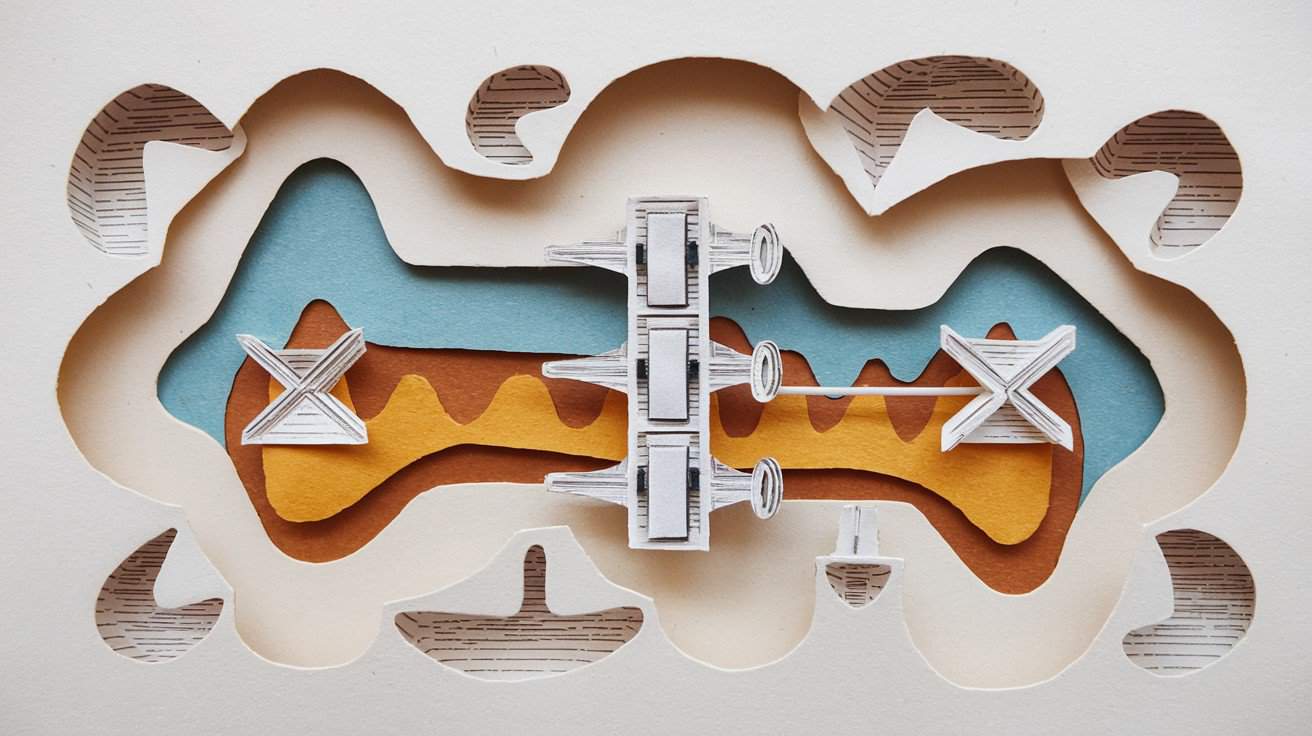Let’s explore what’s really happening in your body and mind after a panic attack, why you’re feeling this way, and most importantly, how to navigate this challenging time with gentleness and understanding.
Understanding the “Panic Attack Hangover”
Think of your body like a car that’s just been driven at full speed with all systems firing at once. After a panic attack, everything needs time to return to normal operating temperature. Your body and brain have been through an intense experience, flooding your system with stress hormones and pushing your nervous system into overdrive.
Common post-panic symptoms include:
- Feeling detached or “spacey”
- Physical exhaustion
- Heightened sensitivity to your surroundings
- Muscle tension or soreness
- Lingering anxiety or unease
These sensations, while distressing, are your body’s natural response to an intense stress event. Just as your muscles might be sore after running a marathon, your entire system needs time to recover after a panic attack.
Why You Feel Strange Days After
The persistence of these unusual feelings often causes more anxiety, creating a challenging cycle. But there’s a logical explanation for each sensation you’re experiencing.
Your body’s stress response system – think of it as your internal alarm system – has been activated at full volume. Even after the immediate danger (real or perceived) has passed, this system takes time to fully reset. It’s like trying to calm down after a startling near-miss while driving – your heart might still race long after you’re safely parked at home.
The feelings of unreality or detachment (sometimes called depersonalization or derealization) are actually your brain’s protective mechanism. When stress levels get too high, your mind creates a sort of buffer zone, like a circuit breaker that trips to prevent system overload. This mental strategy can manifest as a way to help you cope with overwhelming emotions or situations, allowing you some distance from distressing experiences. However, while this response may provide temporary relief, it can also complicate feelings of understanding existential dread. Recognizing these moments of detachment is crucial, as it helps in processing the underlying stressors that trigger them, ultimately leading to better emotional resilience. Being aware of the anger and depression relationship is particularly important, as unresolved feelings can often exacerbate these episodes of detachment. By acknowledging and addressing these underlying emotions rather than bypassing them, individuals can work towards integrating their experiences and regaining a sense of grounding. Engaging in therapeutic practices or mindfulness can help bridge the gap between the experience of detachment and emotional processing, fostering a deeper understanding of one’s mental landscape.
Gentle Ways to Heal and Recover
Recovery isn’t about forcing yourself to “snap out of it” – it’s about creating the conditions that allow your system to naturally return to balance. Here are some gentle approaches that can help:
Immediate Self-Care Strategies
- Practice slow, gentle breathing – not to stop the feelings, but to signal safety to your nervous system
- Stay hydrated and eat nourishing foods, even if your appetite is off
- Allow yourself to rest without guilt
- Engage in gentle movement like walking or stretching
Building Long-Term Resilience
Remember that healing isn’t linear. Some days will feel better than others, and that’s okay. The goal isn’t to never experience anxiety again, but to build a kinder relationship with our nervous system.
Consider keeping a simple journal of your symptoms and what helps. This not only provides valuable information but can help you feel more in control of your recovery process.
Moving Forward with Compassion
As someone who has been through this, I can tell you that the weird feelings do pass. Your brain and body know how to heal – sometimes they just need time and the right support to do so.
If you’re concerned about your symptoms or they persist for an extended period, don’t hesitate to reach out to a mental health professional. They can provide personalized strategies and support for your unique situation.
Remember, you’re not broken, and you’re not alone. This is a chapter in your story, not the whole book. Take it one gentle step at a time, and know that healing is possible.
Have you experienced similar feelings after a panic attack? What has helped you cope? Share your experience in the comments below – sometimes the most powerful healing comes from knowing we’re not alone in our struggles.
Why do I feel weird after a panic attack?
After a panic attack, your body is recovering from an intense stress response. Adrenaline and cortisol were flooding your system. As they subside, you may feel exhausted, disconnected, foggy, or shaky. These are normal aftereffects, not signs of danger.
How long does the weird feeling last after a panic attack?
Most people feel better within hours, though some residual effects (fatigue, slight fogginess) can last a day or two. Everyone recovers at different rates. Rest, hydration, and gentle self-care help. If feelings persist for days, talk to a healthcare provider.
Is it normal to feel disconnected or unreal after panic?
Yes, this is called derealization or depersonalization, and it's common after panic attacks. Your brain is protecting you from overwhelming stress. The feeling is temporary and not dangerous, though it can be scary. It will pass.
What should I do after a panic attack?
Be gentle with yourself. Rest if possible. Drink water. Take slow, deep breaths. Ground yourself by focusing on physical sensations—touch something textured, notice five things you can see. Avoid caffeine. Remember that you're safe and the feelings will pass.


